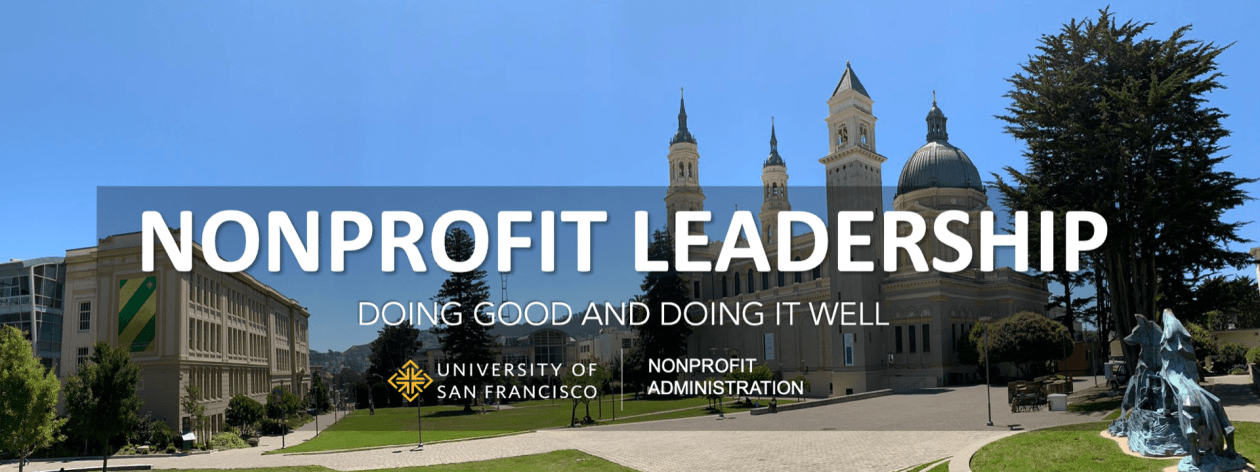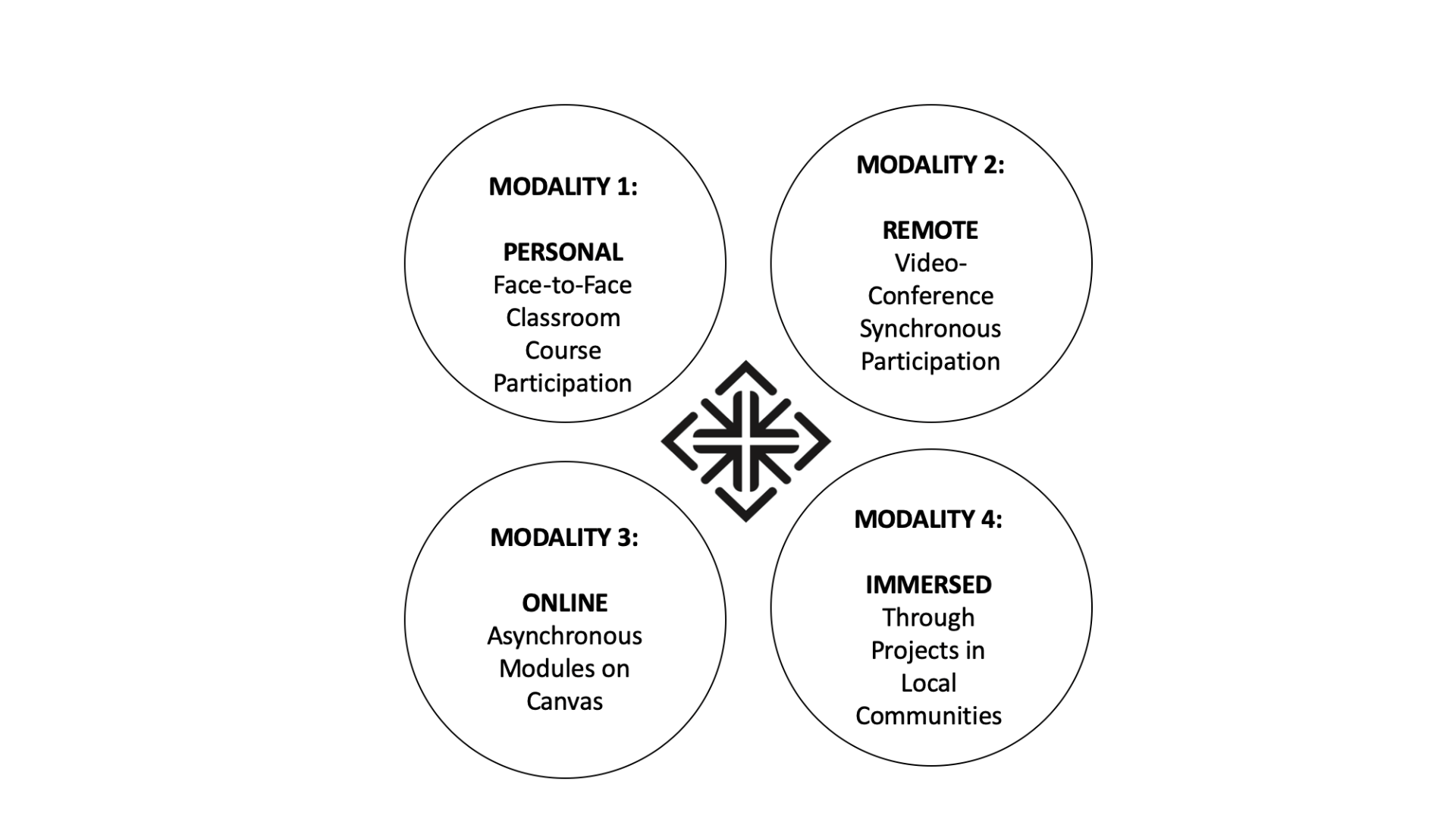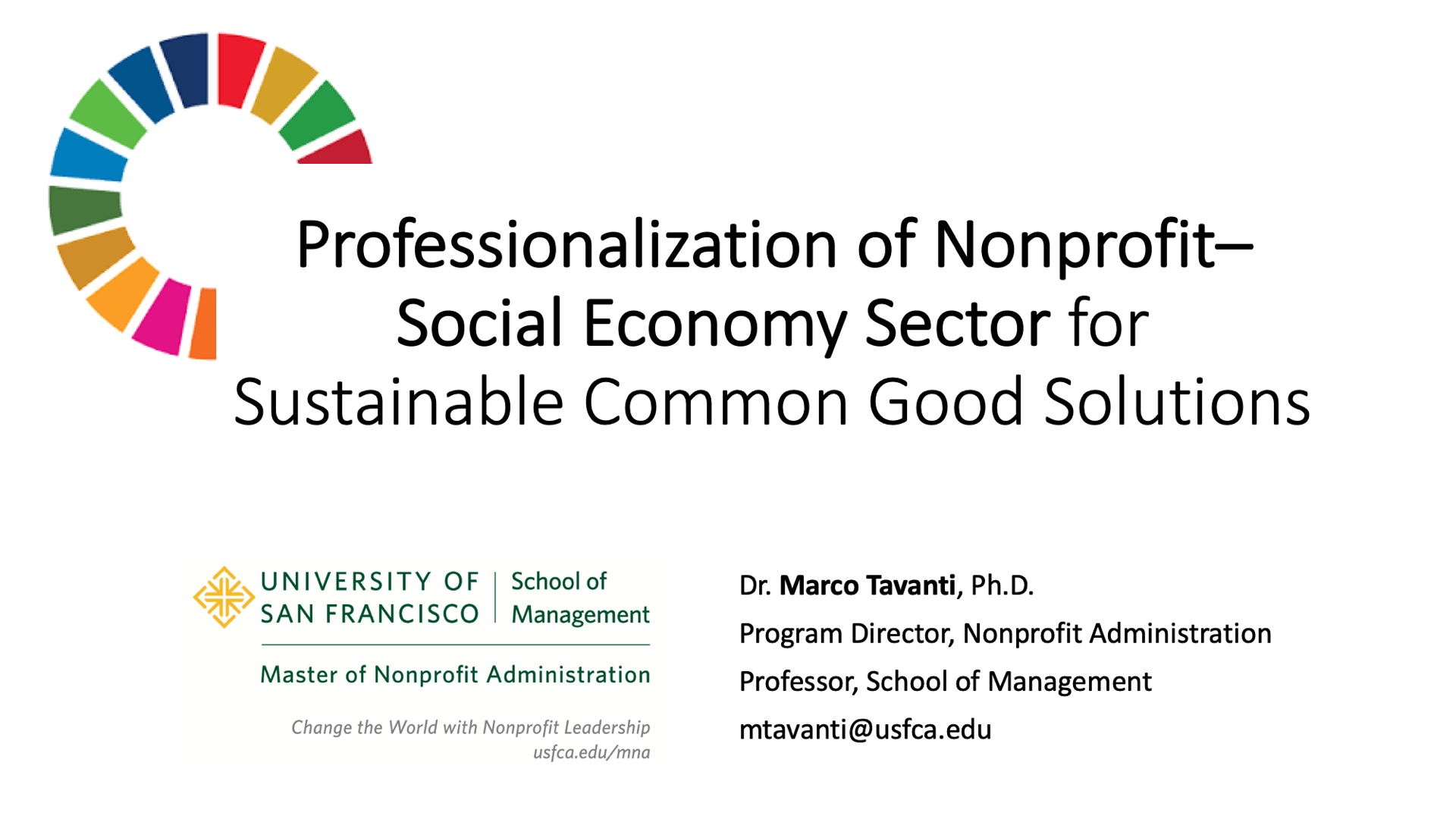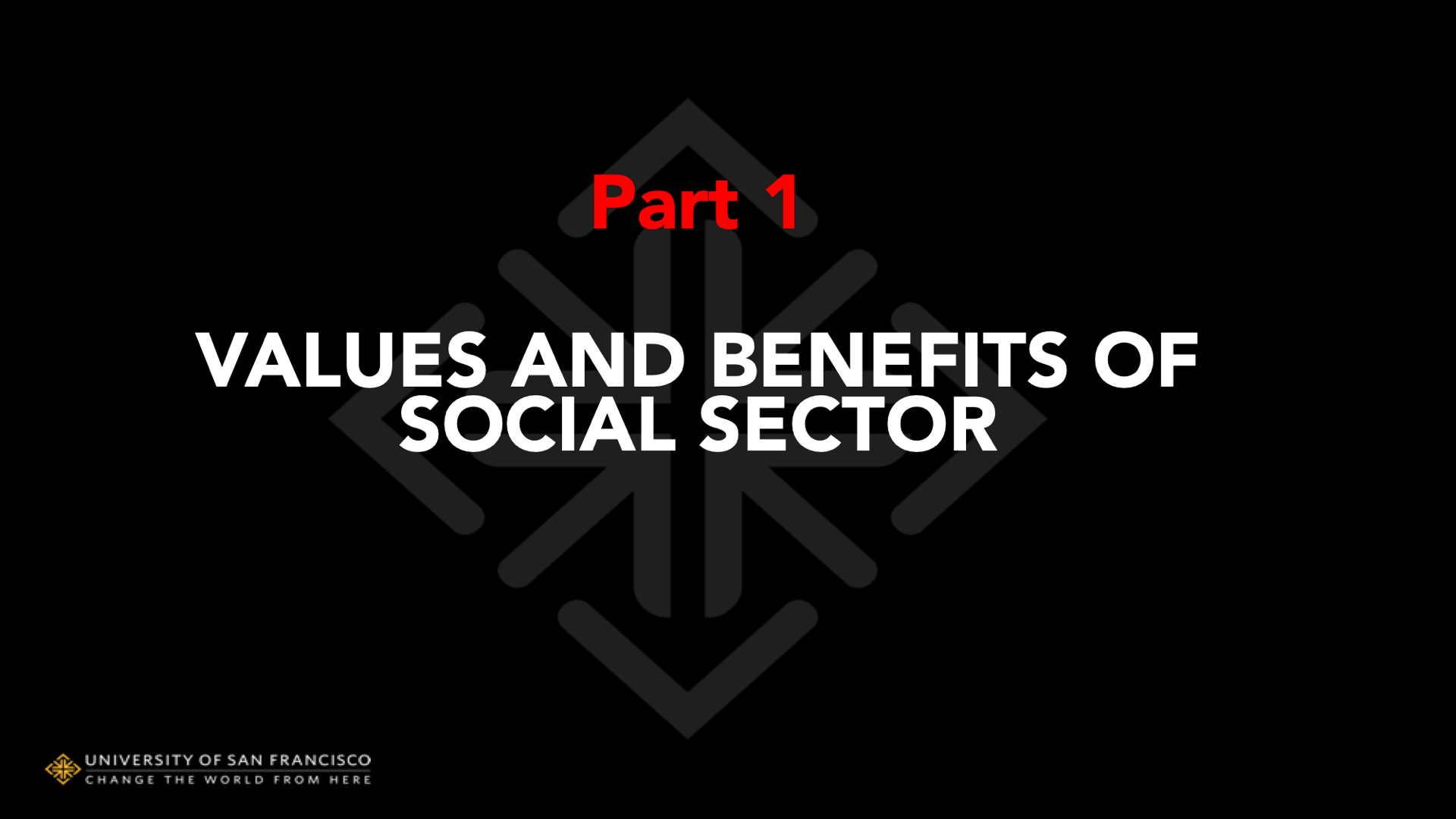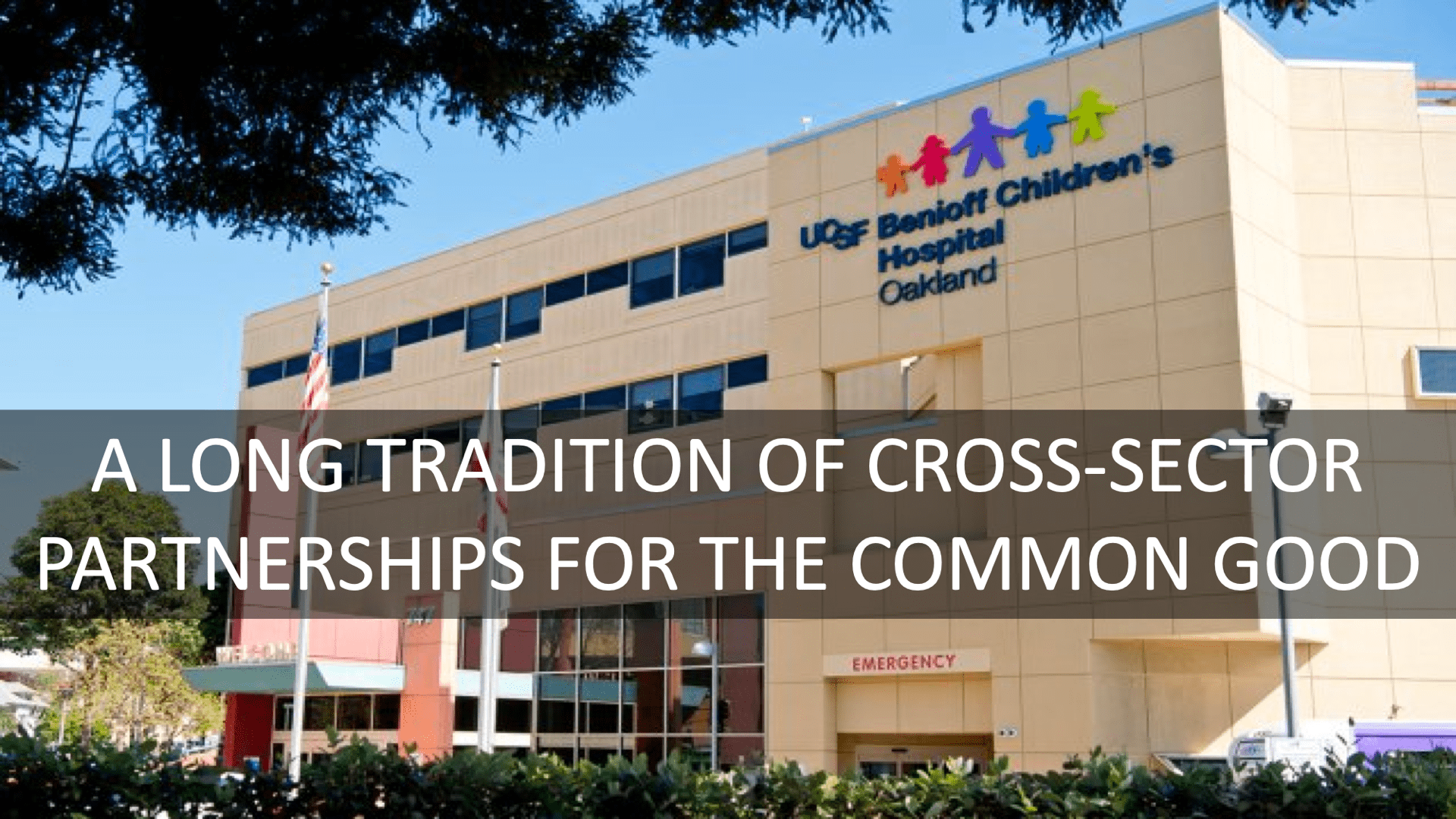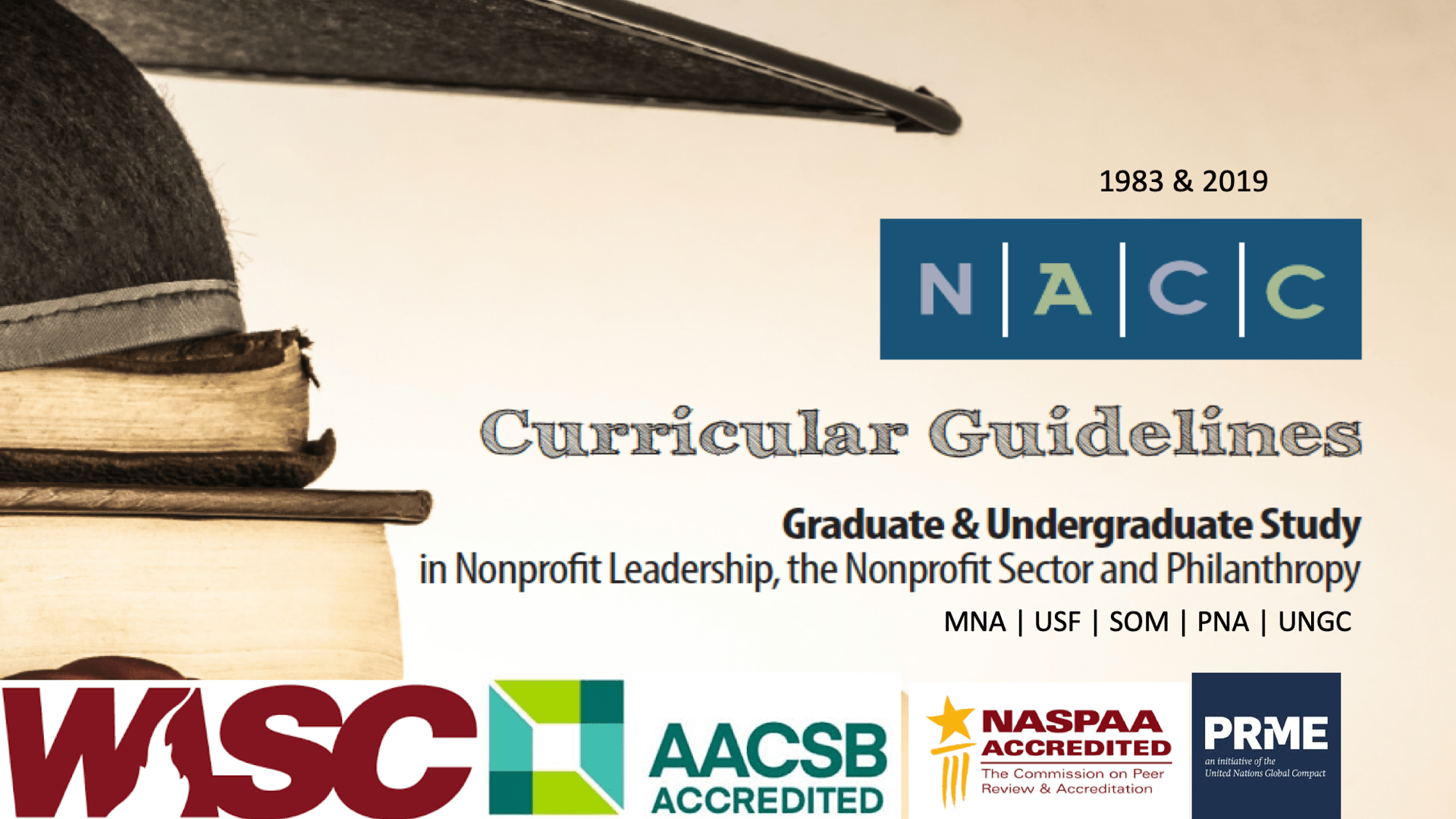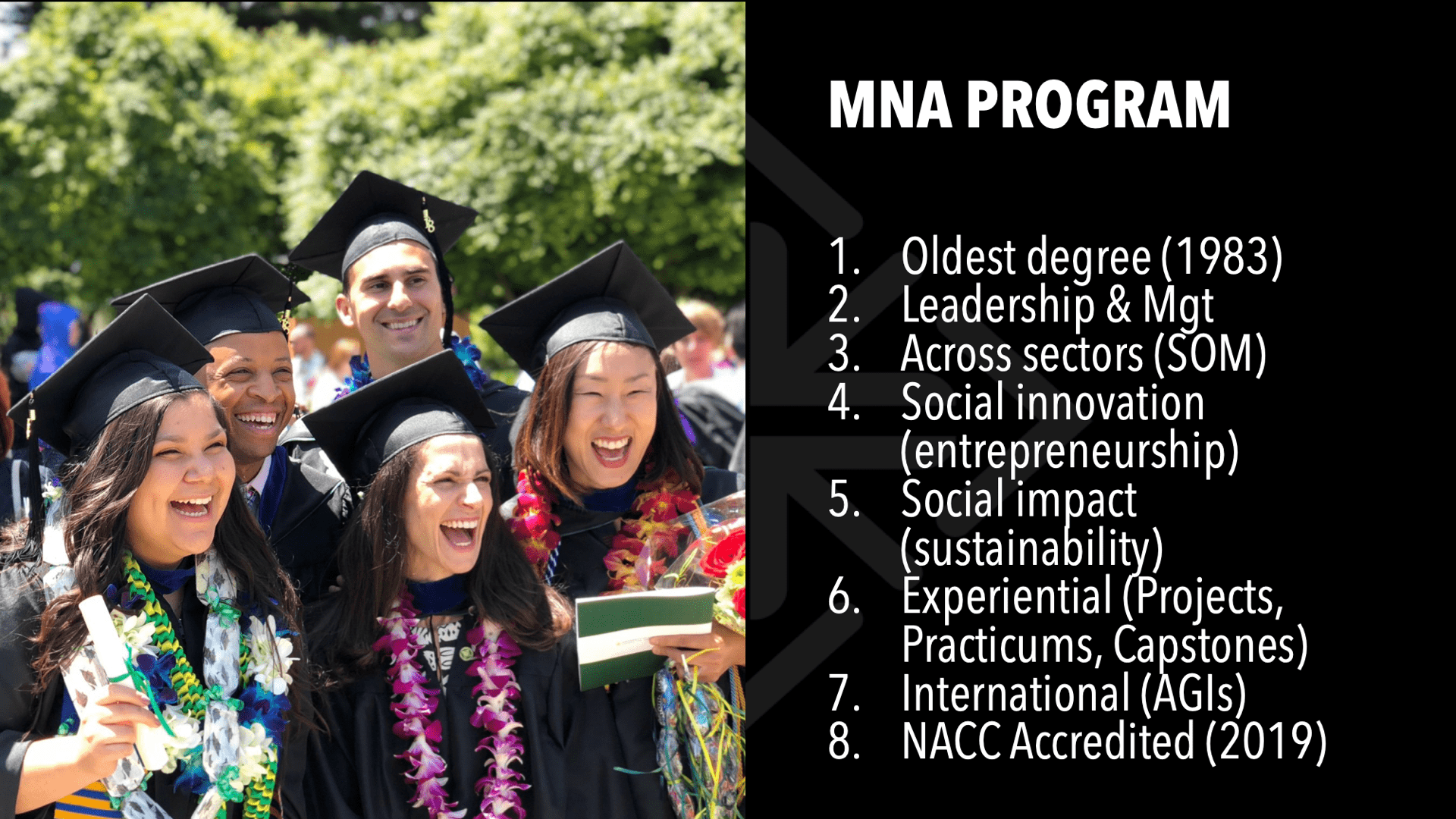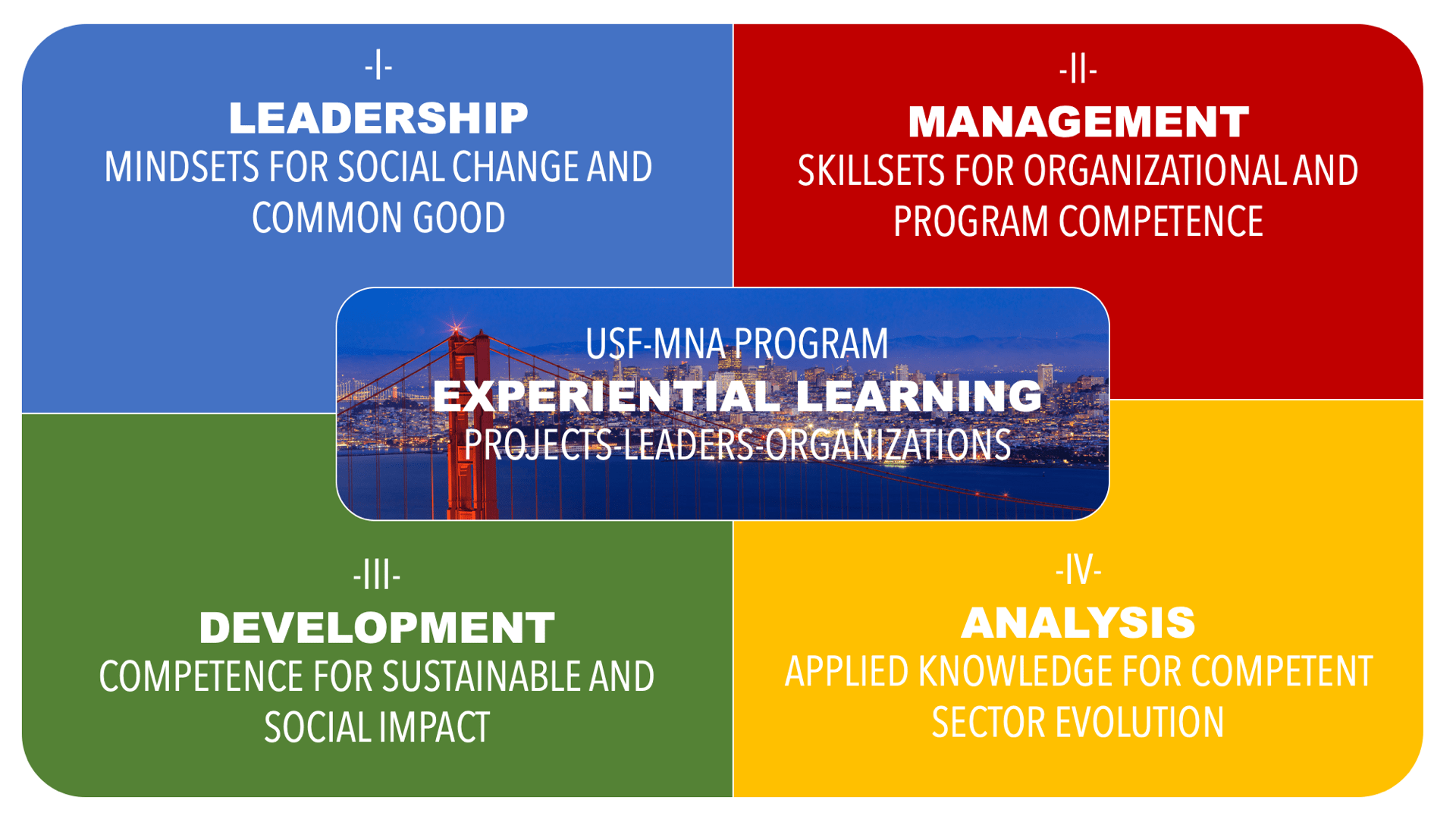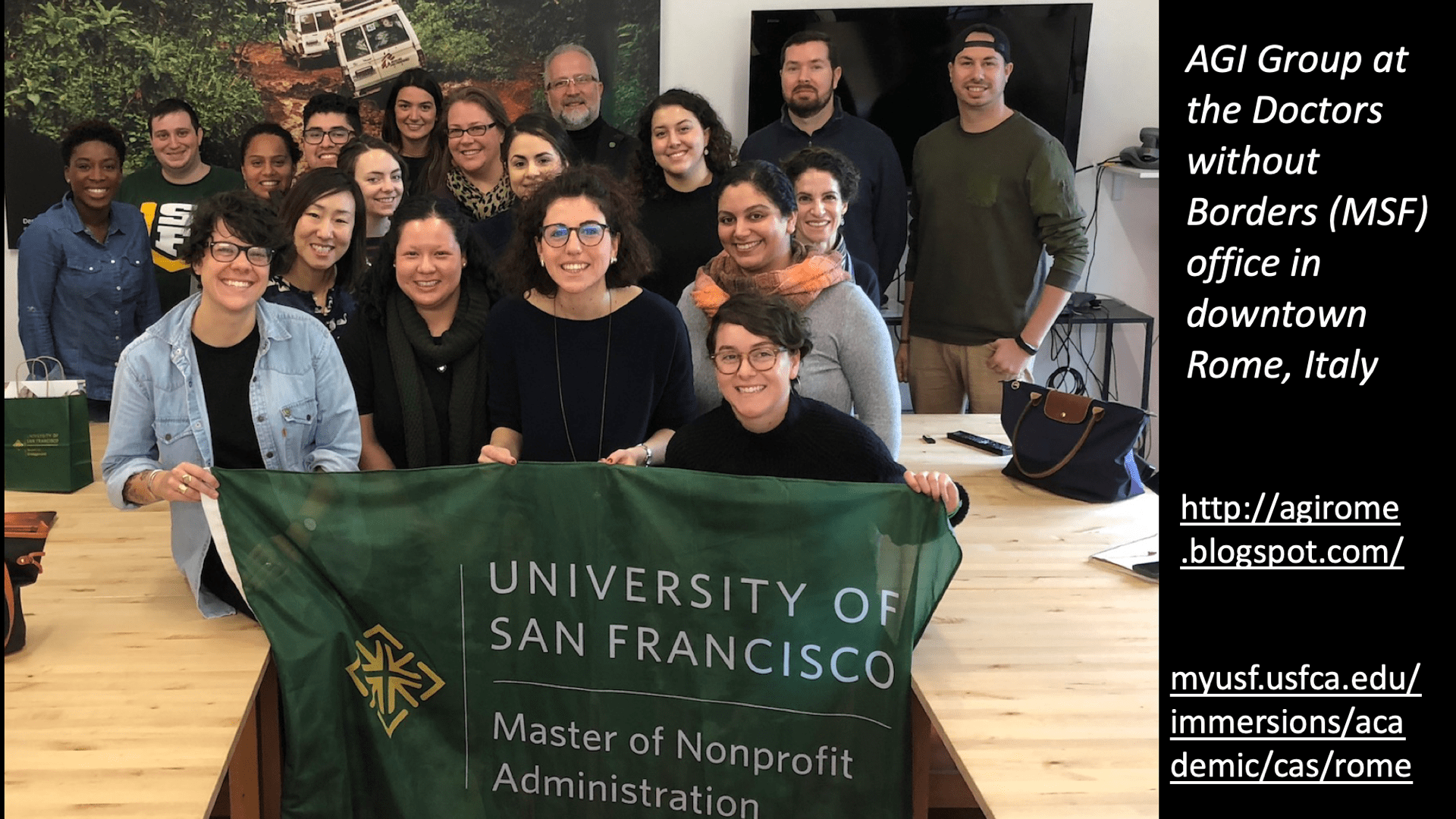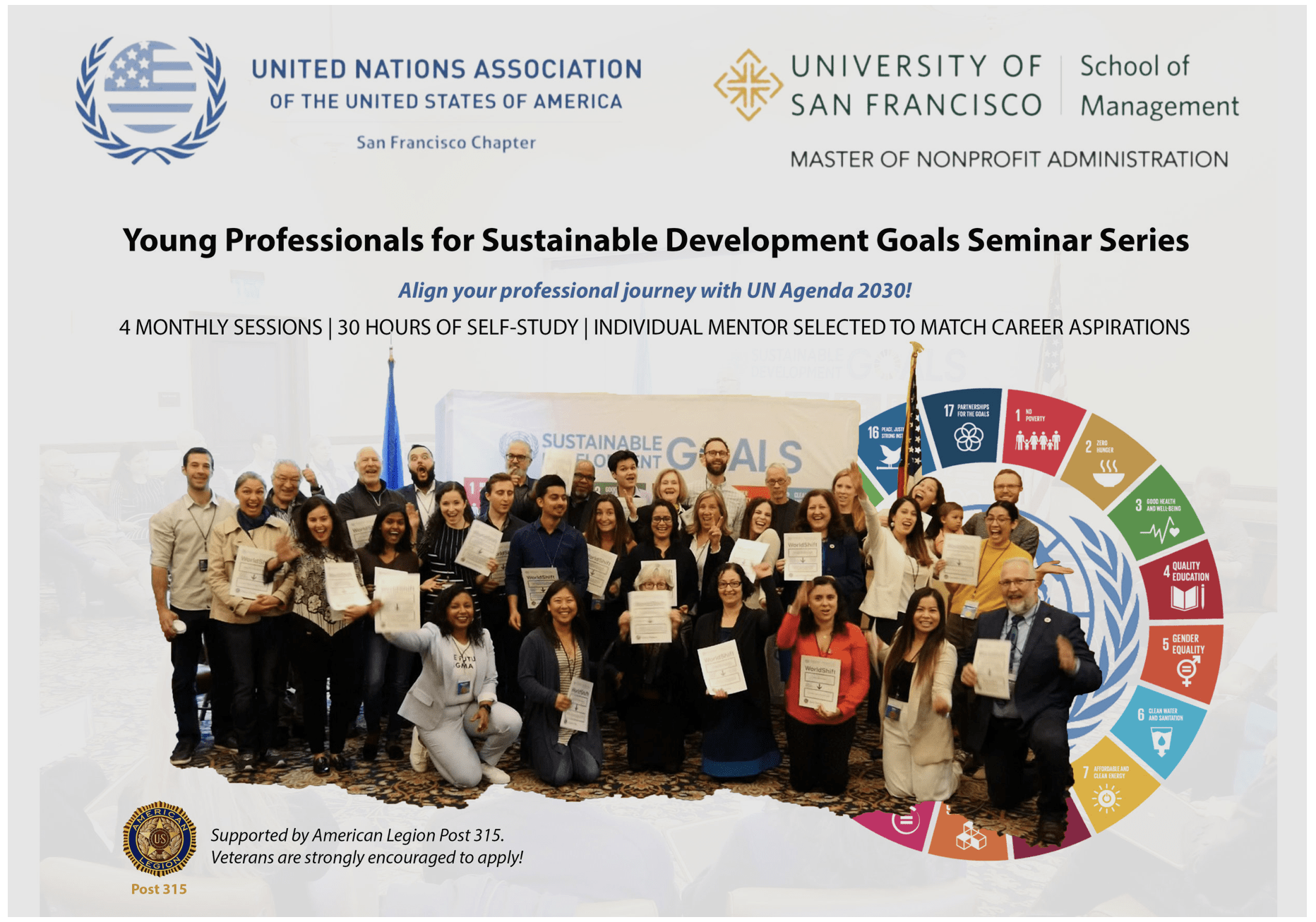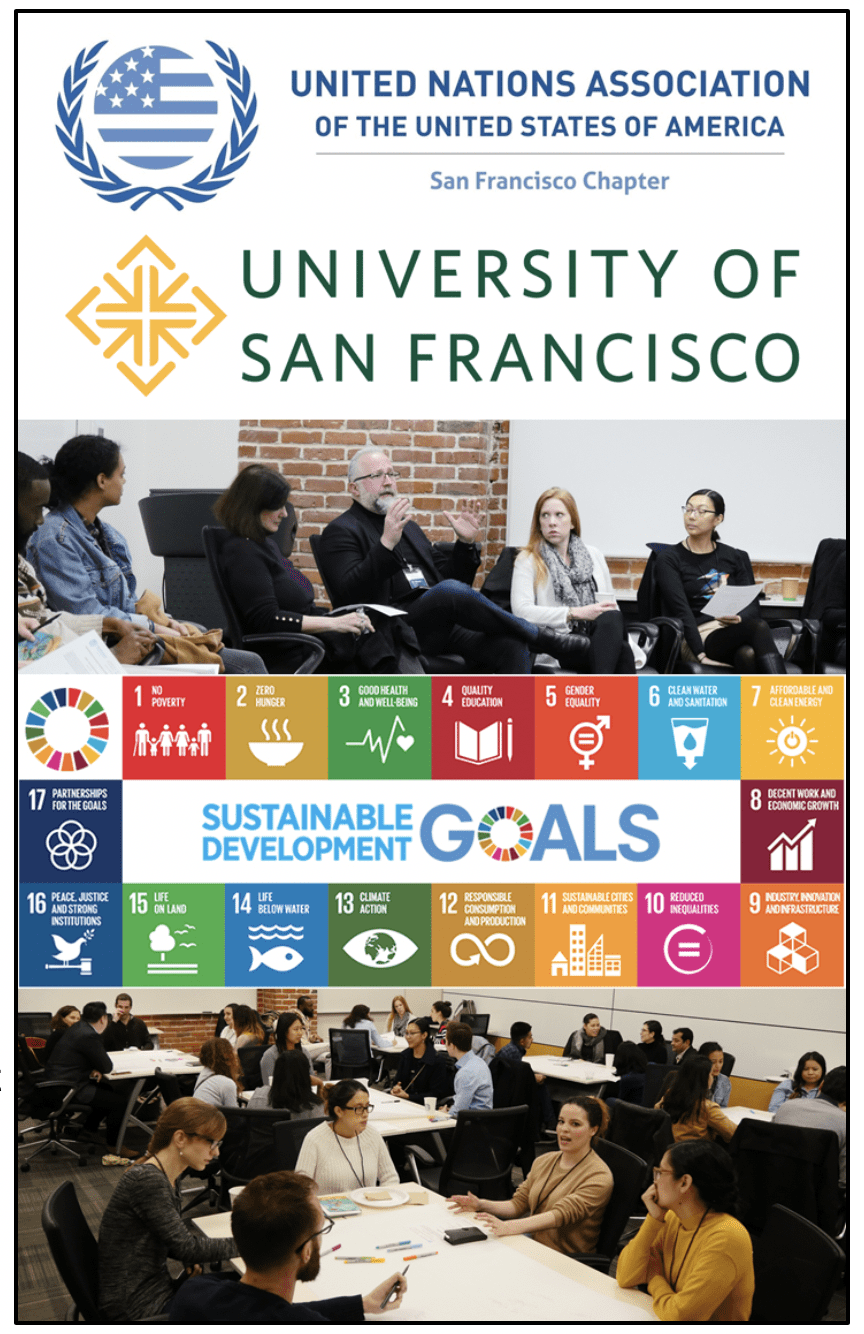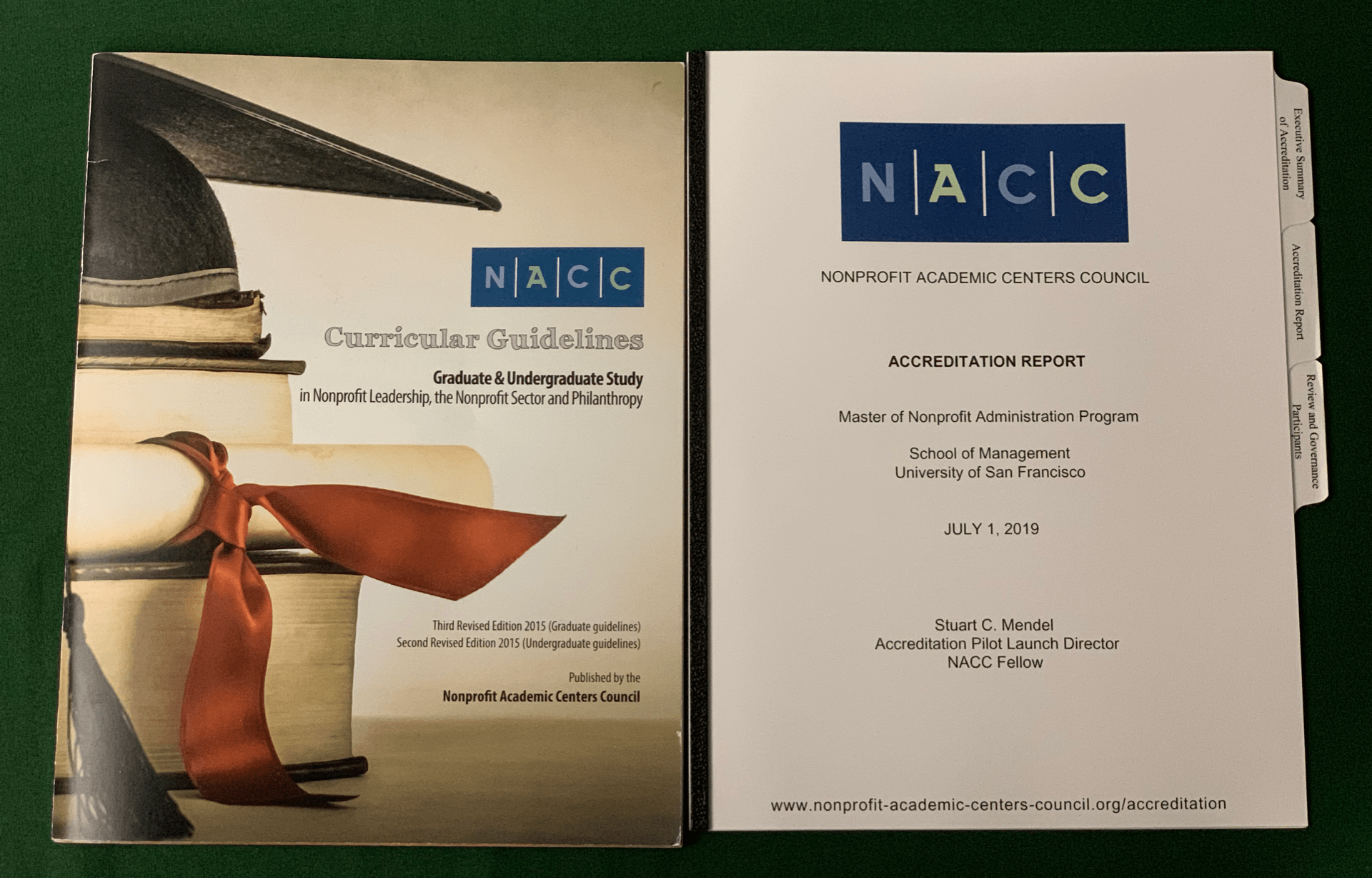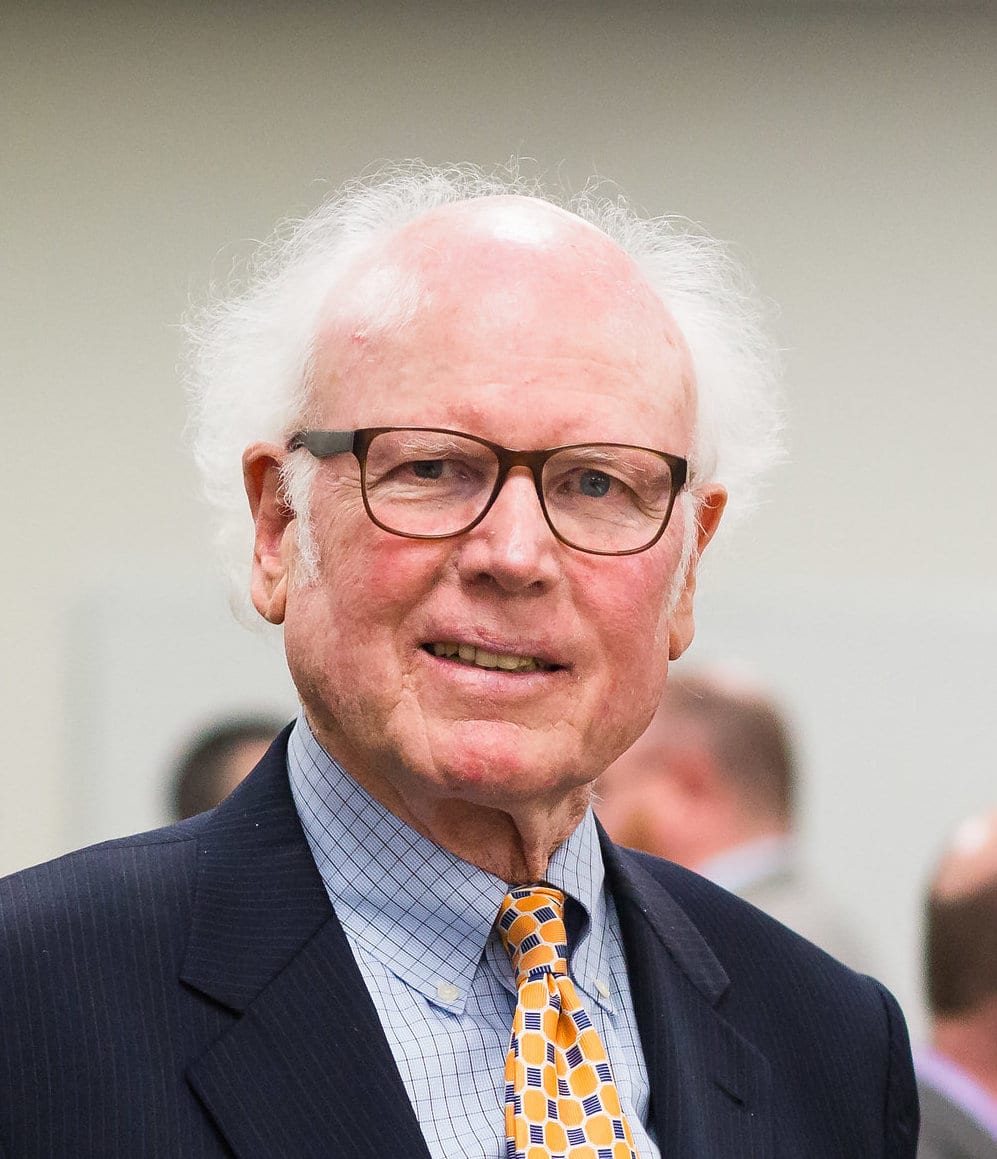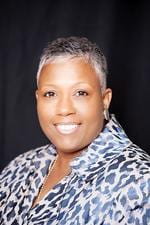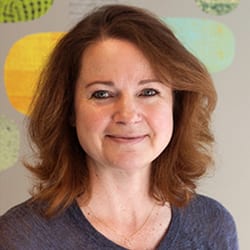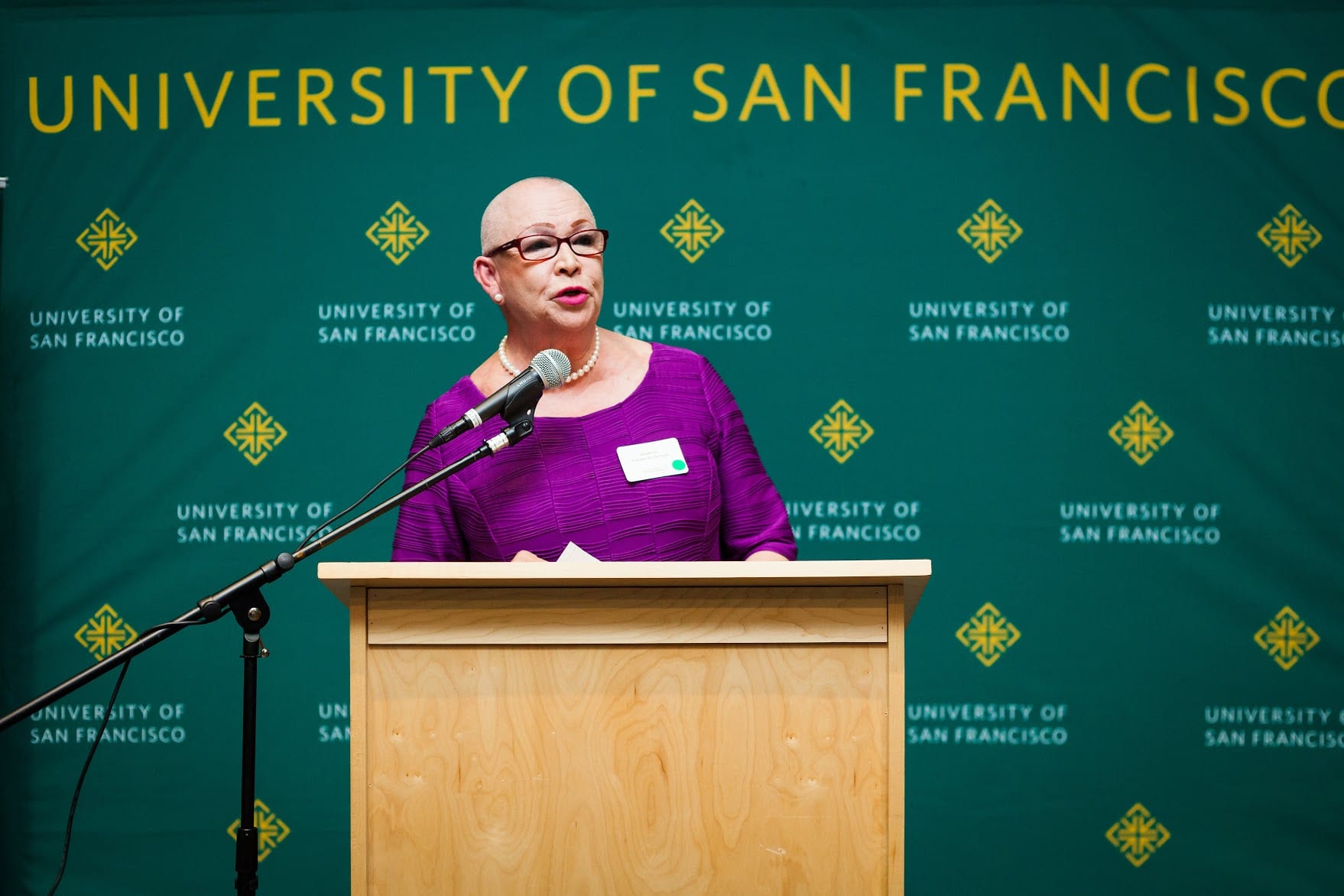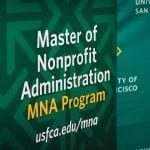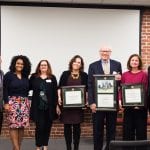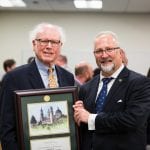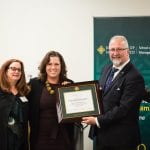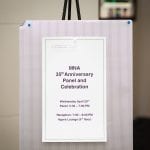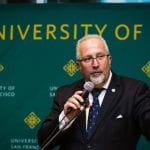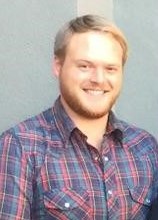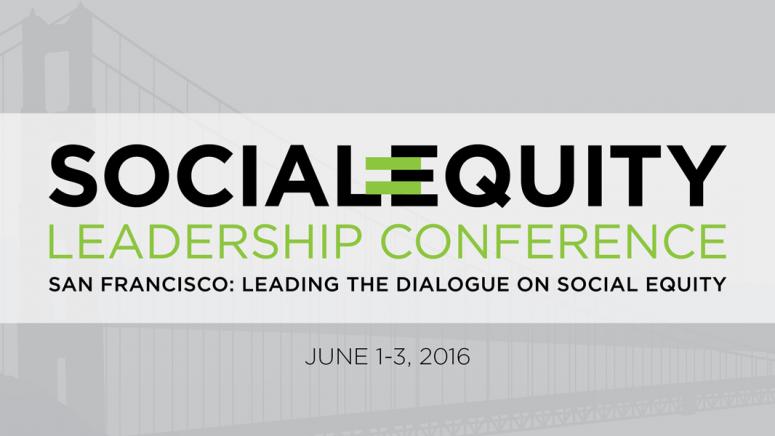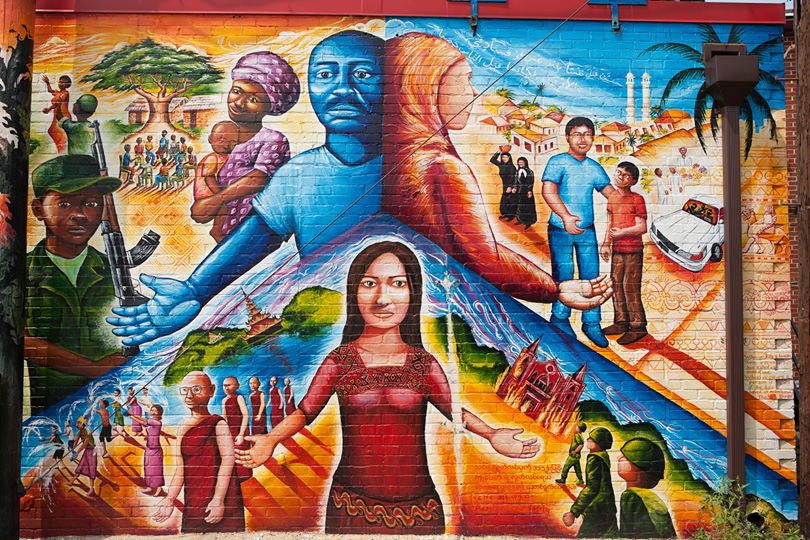
“The MNA Program has been ahead of the curve while flattening the curve. We have integrated technology to provide diverse forms of participation since 2016 in order to address the diverse needs of our students.” — Dr. Marco Tavanti, MNA Program Director
The COVID-19 Disruption to the World
The COVID-19 crisis and worldwide health emergency has disrupted our lives, our social relations, our global economy and our educational systems. This should not have been a surprise. The US higher education system had numerous warnings from the China and Italy examples. In California we also had previous warnings due to the fire emergencies. Yet, our education systems have been resisting the integration of video conference tools, online learning management systems, and mobile access with the excuse that the quality of classroom face to face (F2F) experience was not replicable through online mediums. While this is partially true, it cannot be an excuse to evolve into a more diverse, equally accessible, and integrated inclusive technology to achieve the learning goals and outcomes of our educational programs. This lack of natural evolution has created a disruption also in many programs for nonprofit management education (NME) demanding last minute trainings and technical upgrades to keep up with the obligations of social distancing. The Nonprofit Academic Centers Council (NACC) and the Association for Research for Nonprofit Organizations and Voluntary Sector (ARNOVA) stepped in and provided a list if useful techniques and resources for synchronous and asynchronous online teaching.
The MNA Technology and Community Integration
Fortunately, the MNA Program at University of San Francisco has been ahead of the emergency and advanced in 2016 a system for multiple levels of participation with courses supported entirely by video conference synchronous inter-activities (live on Zoom+Mobile) and online well organized learning modules with asynchronous self-learning and group discussions (at our own time on Canvas+Mobile). The integration of technology should not diminish the quality of instruction. Instead, it should enhance its diversity of offering to provide access for diversity, equity and inclusion in teaching and leaning beyond the physical classroom. This obviously require faculty to be willing to upgrade their technology competence and not be intimidated to learn, adapt, and innovate. Administrators would need to support faculty and promote innovative integrations for multi-layered, blended, hybrid and online teaching. Online, video and mobile access to education should also not do discount to experiential leaning either. This would require to shift away from a teacher-centered model (content focus) and it should also require to go beyond also a student-centered only model (leadership focus). In the MNA case, this is achieved through a community-centered approach where the students are recognized as members of their local communities and accompanied throughout their learning process to contribute to them in their action research, collective writings, systemic analyses and participatory activities. In the Ignatian Pedagogical model, the community-centered perspective reflects both the content (SEE), concern (ACTION) and diversity (CONTEXT), while the specific teaching and learning components with the instructor and course activities represent the analysis (JUDGE) and the impact measurement (EVALUATION).
We are very proud of our MNA students, alumni and advisors who are engaged in our communities providing essential health, human and social services during these times of the COVID-19 emergencies. Our online meetings through Zoom and Canvas discussions have been an essential space not only for learning, but also for finding mutual support and camaraderie in their stressful jobs and services with hospitals, food banks and homeless population and in critical organizations such as Catholic Charities, YMCA, Kiva, Doctors Without Borders and the Gates Foundation.
“The MNA Program is about leadership development no matter where your community engagement is located. That is why we are able to continue our community-centered and project-based approach of teaching and learning even during these social distancing times. Our online, video-conference and coaching/mentoring services allow our students to reach out to their local communities and reflect on these issues and their benefits, impact and values in our online classroom.” (Dr. Marco Tavanti)
The MNA Multi Layered Participation Approach
The MNA Multilayered Participation Approach is developed around four pillars: face-to-face blended classroom participation, video-conference synchronous participation, online learning management systems asynchronous participation, along project-based, academic global immersions, and experiential community engagement participation. All these modalities are considered of equal importance and e-quality to achieve the same quality of instructions and expected learning outcomes. They are adapted and balanced according to the needs of the student and the diversity of times and context in which the educational experience occurs.
The blended and multilayer participation modality in the MNA is both a reflection of the Diversity Equity and Inclusion (DEI) value of the sector as well as an integral element of its teaching and learning model. The following is a visual representation of the integrated – blended technologies for teaching and learning in the MNA program. This model recognizes the role of the teacher in preparing and integrating a multiplicity of tools and technologies to achieve the learning outcomes. It also centers on the student’s leadership journey integrated with the community centered approach. The MNA teaching and learning (T&L) model goes beyond a teacher-centered model that privileges content acquisition often at the expense of comprehension and participation.
The Jesuit Multi Layered Education Foundation
This multi layered teaching and learning approach is nothing new. Even at its beginning, Jesuit education has been advancing innovative approaches resembling these diverse ways of teaching and learning. The Rome School (Collegio Romano, 1551) exemplified a teacher-centered approach with an interdisciplinary innovative way of learning emerged in the Renaissance. The Paris School (Lycée Louis-le-Grand, 1563) exemplified a student-centered approach employing participatory techniques of teaching and learning.. The Messina School (Collegio Sant’Ignazio, 1548), exemplified a more community driven approach with the use of theatrical ways of learning morality – a very popular method appreciated by many communities throughout Europe and that made the Jesuit to be known as the Priests of the Theater (Preti del Teatro) (Mesa, 2018).
Read more in the MNA PARTICIPATION POLICY: Multi Layered and Blended Models for Teaching and Learning. Learn more about other innovative teaching and learning approaches like the use of Prezi Video with transparent images for MNA basic concepts. If you would like to know more about these models and integrated multi layered blended methodologies contact directly Dr. Marco Tavanti
